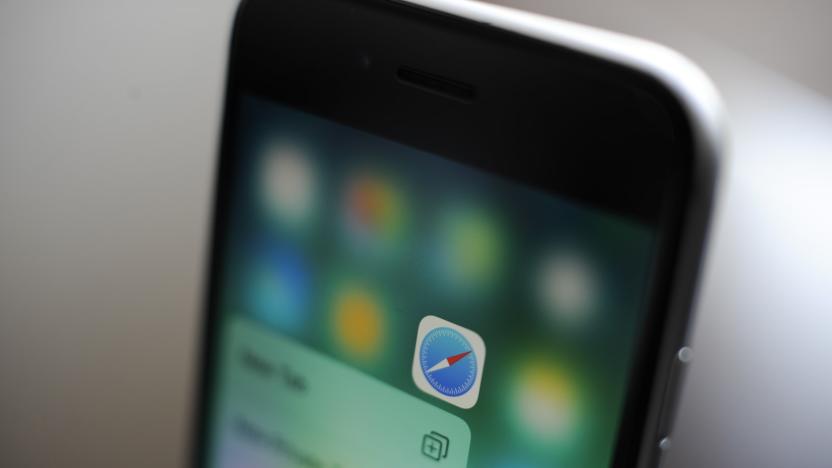safe browsing
Latest

Safari in iOS sends some Safe Browsing data to Tencent (updated)
Apple's Safari browser has long sent data to Google Safe Browsing to help protect against phishing scams using its Fraudulent Website Warning feature, but it now appears Chinese tech giant Tencent gets some information as well. Users have discovered that iOS 13 (and possibly versions starting from iOS 12.2) sends some data to Tencent Safe Browsing in addition to Google's system. It's not clear at this stage whether Tencent collects any information outside of China -- you'll see mention of the collection in the US disclaimer, but that doesn't mean it's scooping up info from American web surfers.

Google Chrome will start flagging misleading downloads
Not surprisingly, Google wants to keep everyone on the internet as protected as possible -- after all, it has to stay true to its "don't be evil" ways. Today, in an effort to continue guarding you from virtual harm, the search giant has introduced a new feature that's part of its Safe Browsing initiative. According to Google, the goal with this expansion is to protect people "against additional kinds of deceptive software," something like a malware program that may be looking to make abrupt changes to a computer. On the Chrome browser, soon you'll start seeing a warning every time a third-party tries to lure you into downloading a piece of software -- ultimately, though, it's up to you to determine whether or not to install it. Naturally, Google's blog post does emphasize that you should always beware of the sources you trust, but you already knew that, right? Life 101, folks.

